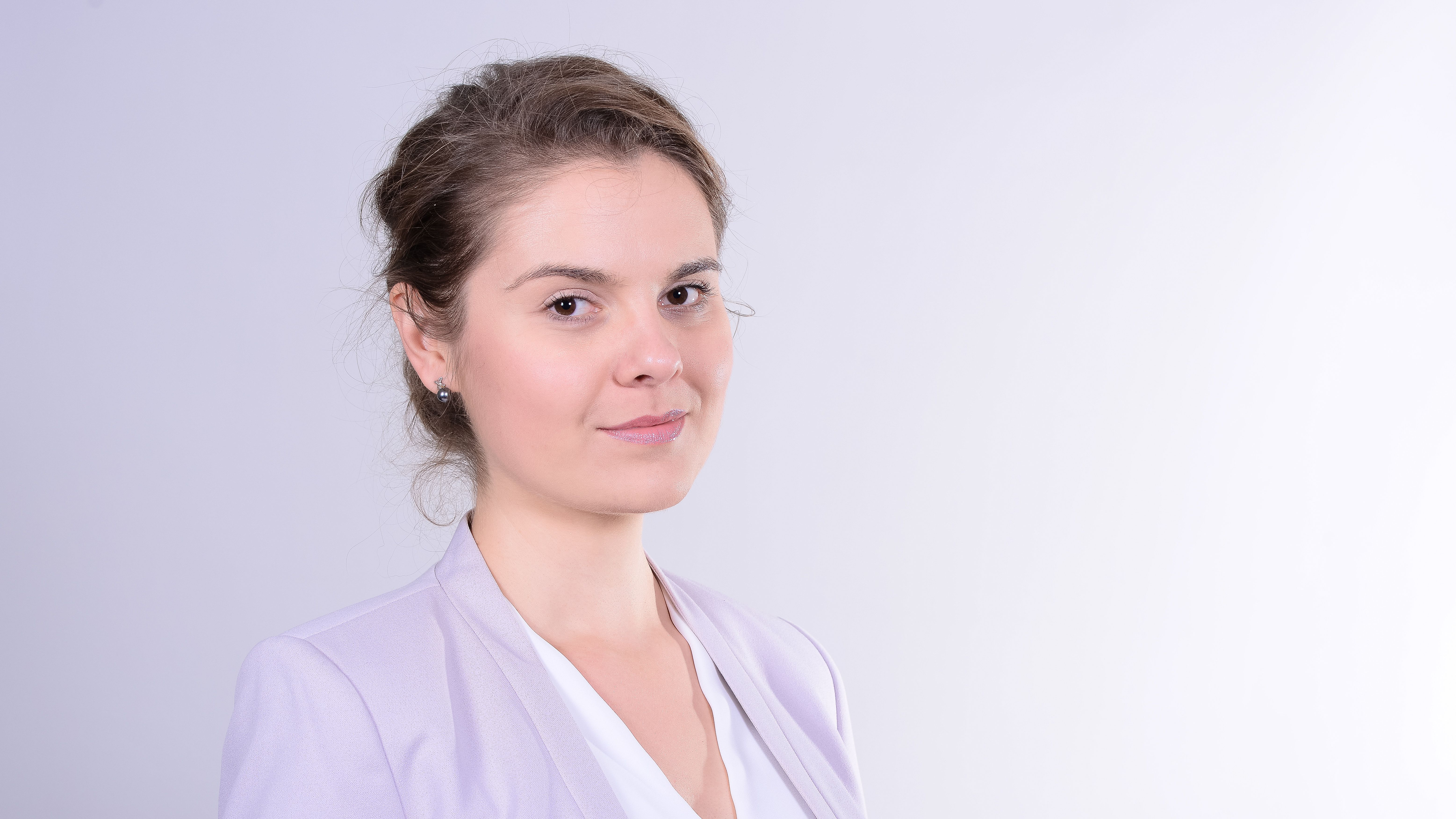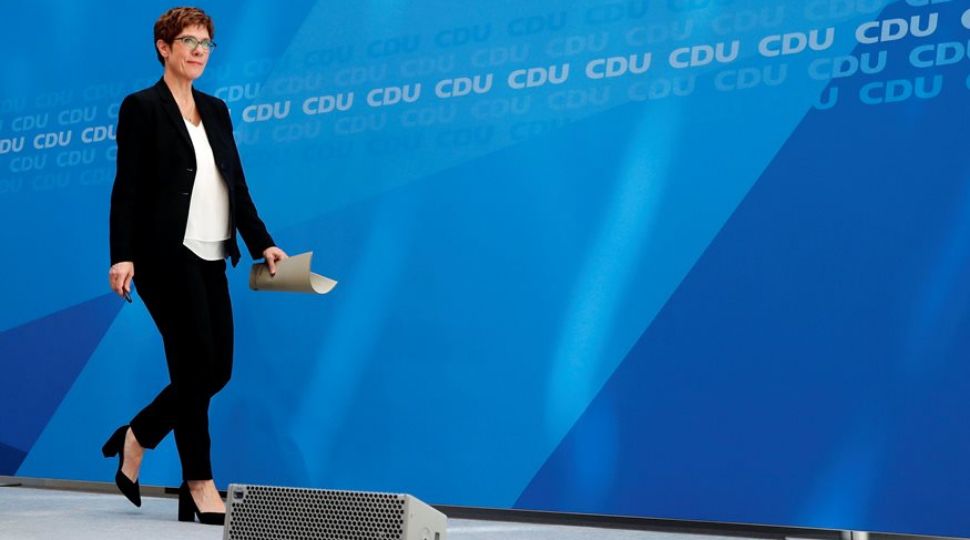
What will be the role of the Christian Democrats’ new chairwoman in creating German foreign policy?
Kramp-Karrenbauer’s election means she is the head of the ruling party while the German chancellor remains with Merkel. Therefore, key decisions in foreign policy and other areas must be consulted with the new chairwoman of the ruling party. Kramp-Karrenbauer announced that party members will have greater influence on the decisions taken by the government than before, and she herself would like to dispel doubts about her political independence. The new chairwoman is also a potential party candidate for the post of chancellor in the next Bundestag elections, and therefore she will not avoid expressive statements on foreign and European policy.
Does the choice of Kramp-Karrenbauer mean changes in Germany’s European policy?
Previous statements by the new chairwoman of CDU do not portend a radical change in the German attitude towards key issues. Kramp-Karrenbauer supports the Chancellor’s restrained position towards plans to deepen integration of the eurozone, including concern about creating divisions within the EU and financial costs for Germany. The new CDU leader has mentioned favouring the creation of a joint European army. At the same time, she has pointed out that it would require limitation of the Bundestag’s powers to approve Bundeswehr deployments abroad. The new leader also proposed the introduction of “flexible solidarity” in European immigration policy, the premise of which is that all EU countries participate in areas of common activity but that the intensity of their involvement may vary.
Will Kramp-Karrenbauer strive for a change in transatlantic relations?
Despite criticism by U.S. President Donald Trump and members of his administration in the dispute in trade relations with the EU, Kramp-Karrenbauer has stated that the alliance between Germany and the U.S. has not lost strength. The new chairwoman holds Merkel’s position that Germany will raise defence spending to at least 2% of GDP, a goal set by NATO that Trump has pushed the Allies hard towards since coming into office. However, Kramp-Karrenbauer stated she plans to introduce “new accents” in Germany’s relations with the U.S., such as intensifying cooperation with American governors. In the face of tense relations with the White House, this could be a way of pursuing German economic interests in the U.S. while bypassing Washington.
Is the new chairwoman an advocate of tightening policy towards Russia?
Kramp-Karrenbauer is likely to continue Germany’s dual-track policy, which combines dialogue with Russia and the implementation of economic projects with general criticism of its activities in the international arena and the continuation of the sanctions regime. Therefore, although the new CDU leader supports Russia’s exclusion from the G8 (now G7) and criticizes its impact on the conflict in Syria and its aggressive action taken to the EU’s east, she maintains her Merkel’s position on the continued construction of Nord Stream 2. She considers proposals for its suspension—formulated within the German political sphere by, for example, rival candidate Merz—as too radical. In response to the recent incident involving Russian in the Kerch Strait, the leader of the Christian Democrats proposed limiting the import of Russian gas to Europe and blocking European and American ports to Russian ships arriving from the Azov Sea region.
What is Kramp-Karrenbauer’s stance on cooperation with Central Europe?
In previous statements by the new CDU leader, this topic has rarely appeared. Kramp-Karrenbauer was the prime minister of Saar, the German region bordering France, hence she has more experience in dealing with Germany’s western neighbour. This may mean that to a lesser extent than her predecessor, the different opinions of Central European countries may be considered, for example, in EU reforms. Kramp-Karrenbauer considers Russia’s actions to be a threat to the entire Community but she shares the government’s view on the construction of Nord Stream 2, which raises concerns among Central European states. On the other hand, Kramp-Karrenbauer’s statements do not indicate she would seek confrontation with the countries of Central Europe and her proposals for new regulations in immigration policy may signal her readiness to compromise in this controversial area.
How does Kramp-Karrenbauer define Germany’s international role?
For the new CDU leader, Germany’s main task in international politics is to protect “multilateral agreements and rules.” Therefore, German activity involving international organisations will not only be maintained but strengthened. This is particularly true of climate policy, in which Germany plays the role of a global leader and will promote actions to combine climate protection with technological and economic development. From the perspective of the new CDU chairwoman, Germany and the EU should also devote a lot of attention to China’s global ambitions, with its economic expansion and investments in “economically sensitive areas” of particular concern.






